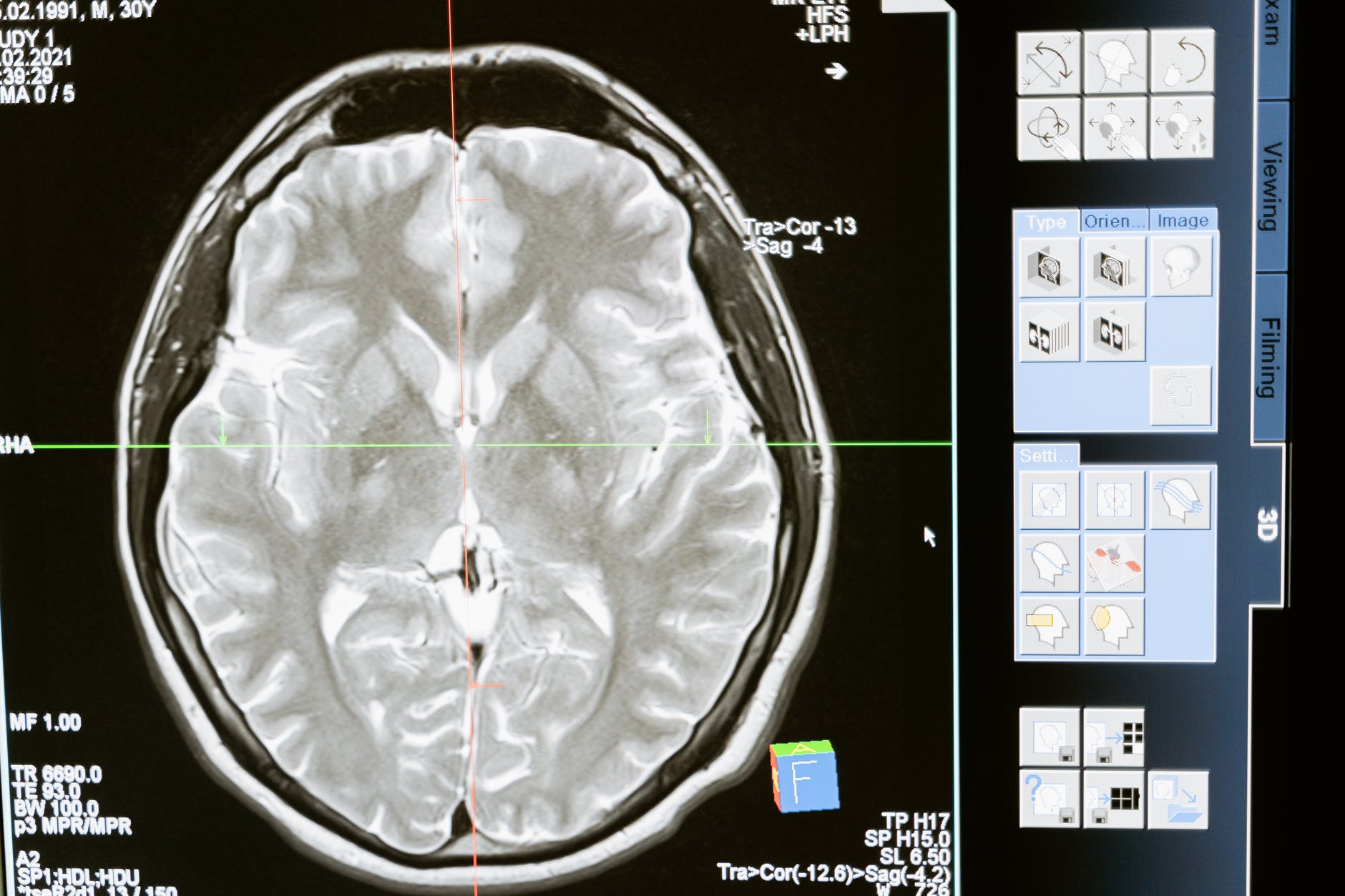 |
Implanted Brain Computer Interface Has Low Rate of Adverse Events in Clinical Trial |
|
January 16, 2023, Kitchener, Ontario Posted by: Robert Deutschmann, Personal Injury Lawyer
The implanted sensors are the core component of the brain computer interfaces and have had decades of testing in animals. They are also approved for short term use of less than 30 days in humans. Long term safety is unknown. NeuroscienceNews.com reports that: New results from the prospective, open-label, non-randomized BrainGate feasibility study, the largest and longest-running clinical trial of an implanted BCI, suggests that these sensors’ safety is similar to other chronically implanted neurologic devices…The authors of the study report that across the 14 enrolled research participants, the average duration of device implantation was 872 days, yielding a total of 12,203 days for safety analyses. There were 68 device-related adverse events, including 6 device-related serious adverse events. The most common device-related adverse event was skin irritation around the portion of the device that connects the implanted sensor to the external computer system. Importantly, they report that there were no safety events that required removal of the device, no infections of the brain or nervous system, and no adverse events resulting in permanently increased disability related to the investigational device. The study being run by BrainGate is performed by a multidisciplinary team focused on developing brain—computer interface (BCI) technologies. It is focused on improving the ability to operate a computer and providing those with ALS, SCI (spinal cord injury) and stroke with ‘reliable, constant control over their environment’. The results published in NeurologyToday examine the interim safety profile of the BrainGate Neural Interface System. The objective of the study is to examine and report on the safety results in the largest and longest running clinical trials of brain implants. They examined the results in adult humans aged 18-75 who had quadriparesis from SCI, ABI, stroke, and motor neuron disease in seven clinical sites in the USA. The most concerning safety related issues included having to remove the implants due to death or permanently increased disability in the one year post--implant evaluation period. The frequency and seriousness of other side effects were also noted in the one-year period. The results concluded that: The average duration of device implantation was 872 days, yielding 12,203 days of safety experience. There were 68 device-related adverse events, including 6 device-related serious adverse events. The most common device-related adverse event was skin irritation around the percutaneous pedestal. There were no safety events that required device explantation, no unanticipated adverse device events, no intracranial infections, and no participant deaths or adverse events resulting in permanently increased disability related to the investigational device.
|
|
| Posted under Accident Benefit News, Brain Injury, Catastrophic Injury, Paraplegia, Quadriplegia
View All Posts |
|
About Deutschmann Law Deutschmann Law serves South-Western Ontario with offices in Kitchener-Waterloo, Cambridge, Woodstock, Brantford, Stratford and Ayr. The law practice of Robert Deutschmann focuses almost exclusively in personal injury and disability insurance matters. For more information, please visit www.deutschmannlaw.com or call us at 1-519-742-7774. It is important that you review your accident benefit file with one of our experienced personal injury / car accident lawyers to ensure that you obtain access to all your benefits which include, but are limited to, things like physiotherapy, income replacement benefits, vocational retraining and home modifications. |
|
Deutschmann Law concentrates its practice in matters concerning car accidents, motorcycle accidents, pedestrian accidents,bicycle accidents, catastrophic injury, serious injury, brain injury, spinal cord injury and disability insurance claims. Serving Kitchener, Waterloo, Cambridge, Brantford, Ayr, Woodstock, Guelph, Milton, Elmira, Tavistock, Tillsonburg, Ingersoll, Norwich, Elora, Fergus, New Hamburg, Ontario and surrounding areas. “Deutschmann Law Professional Corporation” is practicing under the name Deutschmann Law. © 1998 - 2024 Deutschmann Law Accident, Injury Lawyers and Disability Lawyer Site Map Disclaimer Website by We Think Solutions Full Site | Mobile Site |
 The computer brain interface is something we’ve written about in the past with
The computer brain interface is something we’ve written about in the past with